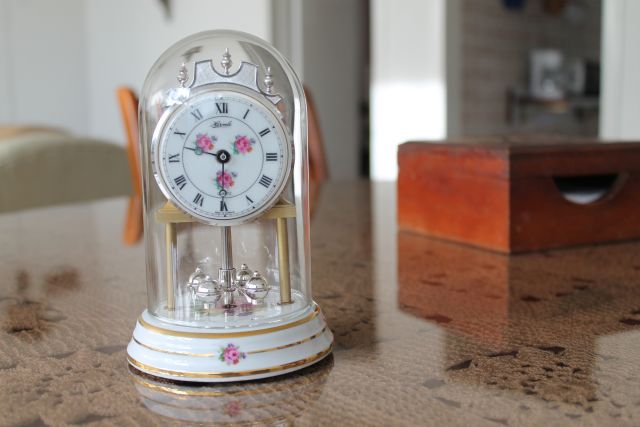
The Art of Protecting Our Time
When it comes to working toward our dreams and goals, protecting our time is critical. One of the ways we can protect our time is by being careful where our mind goes. Since time is a depreciating asset, one that can never be returned, we need to be careful that we are thinking productive thoughts and keeping our worrying to a minimum.
Worry, negativity, wild imaginations, jumping to conclusions, and accusations are unproductive uses of our time. Not only that, but they can lead to bad health and bad relationships as well.
Why is it human nature to think the worst? Worry seems to be built into our DNA. When a spouse or child or friend is late getting home or isn't responding to phone calls or texts, it's easy to worry. Instead of thinking, "oh, he probably just lost track of time," we think he's lying in a ditch somewhere. Imaginations run wild. And then it's easy to throw all of that built-up emotion at the other person. It can take a bit of effort to convince ourselves that the person is probably fine. And it may even take finally getting a hold of the person to put our minds at ease.
True, there are many reasons to be worried. We do not live in a safe world by any means. There are bad people out there. Reckless drivers, terrorists, people who do not know right from wrong. All we need to do is read the newspaper or the flashing headlines to see that bad things happen all the time.
But in the grand scheme of things, how often do our worries amount to nothing? Probably more often than can be justified.
Take airplanes, for instance. According to The Economist, the probability of your plane going down is around one in 5.4 million. (That certainly makes me feel better now that my husband is returning to his career as a commercial airline pilot!)
How often do the worrisome wild imaginations come true?
There is a healthy level of worry, but chronic worrying only leads to issues. If left to rule, they can tear relationships apart. Instead of acting out of love and showing genuine concern, we act out of our own selfishness and insecurities. By doing that, we either transfer the anxiety to the other person or inadvertently build walls between us and our loved ones. In order to avoid being labeled as "that guy," we need to keep our thoughts in check.
Keeping our thoughts in check also gives us the ability to get our own work done. We're not productive when we're worried about something. We're distracted, not thinking clearly. We are constantly on the lookout for information that will give us clues about the status of the thing we're worrying about. Usually, when we are finally in contact with our "missing" individual, we discover that we just wasted all of that time worrying. The person goes about his day while we're sitting there kicking ourselves for being so irrational that we put off our own lives.
Careful consideration of our thoughts and efforts to put our own mind at ease will help us to make better use of our time. Instead of worrying until our thoughts lead to more and more false conclusions, we're able to think more clearly and respond in a caring way rather than a selfish one.
- It’s been a long time… - February 10, 2024
- Realizations About Tracking Progress - May 28, 2020
- Goal Setting & Productivity 101 - May 25, 2020
